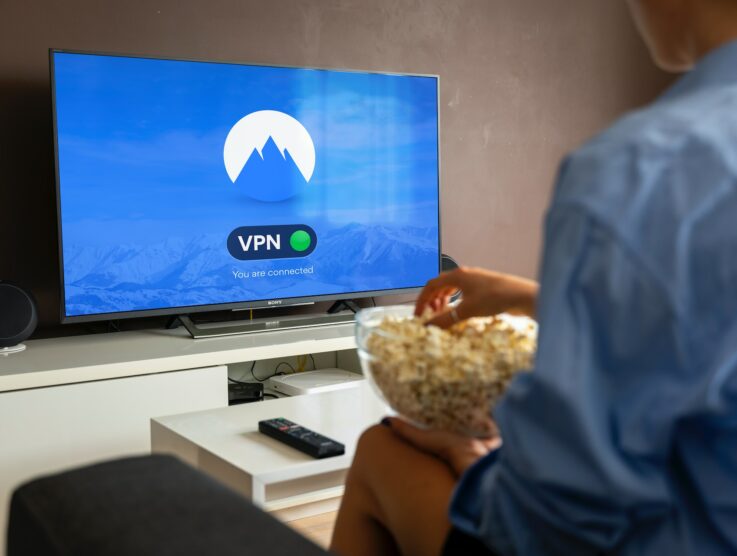
In the ever-evolving landscape of the digital world, maintaining cybersecurity has become a top priority for businesses and individuals alike. One tool increasingly recommended by experts for enhancing cybersecurity is the Virtual Private Network, or VPN. Here, we explore the connection between VPNs and cybersecurity.
Data Encryption: The First Line of Defense
At its core, a VPN provides an essential layer of security – data encryption. When you connect to the internet via a VPN, your data travels through an encrypted tunnel, making it indecipherable to anyone who intercepts it. This is crucial, as the information we transmit online, from personal details to banking information, becomes less vulnerable to cyber threats like hackers and data breaches.
IP Masking: Achieving Online Anonymity
VPNs mask your actual IP address, providing you with a different one linked to the location of the VPN server you choose. This obfuscation of your real IP address not only gives you online anonymity but also makes it difficult for cybercriminals to track your online activities or launch targeted attacks against you.
Secure Wi-Fi Connections: A Shield Against Eavesdroppers
Public Wi-Fi networks, like those in coffee shops or airports, are hotspots for potential cyberattacks due to their typically weak security. When using a VPN, your data remains secure even on public networks. This encryption makes it nearly impossible for potential eavesdroppers to decipher your online activities or steal your information.
Avoidance of Phishing Attacks
While VPNs do not inherently protect against phishing attacks, their ability to ensure you connect to legitimate servers helps in this area. Some VPNs also offer cybersec features that warn or protect users from known malicious websites, adding another layer of security.
The Limitations of VPNs in Cybersecurity
Despite these cybersecurity benefits, it’s essential to understand that VPNs are not a standalone solution for all cyber threats. For example, they cannot prevent you from downloading malware-laden files or falling victim to social engineering scams. Also, not all VPNs are created equal. Some may log your activities or offer weak encryption, creating new security risks.
Therefore, while VPNs play a significant role in cybersecurity, they should be part of a more comprehensive security approach, including antivirus software, strong and unique passwords, two-factor authentication, and safe online practices.
In conclusion, VPNs have become an essential tool in the cybersecurity toolkit. They offer robust protections and enhanced privacy in an increasingly interconnected and surveillance-prone digital world. However, they should be used as part of a broader, multi-layered approach to cybersecurity.










